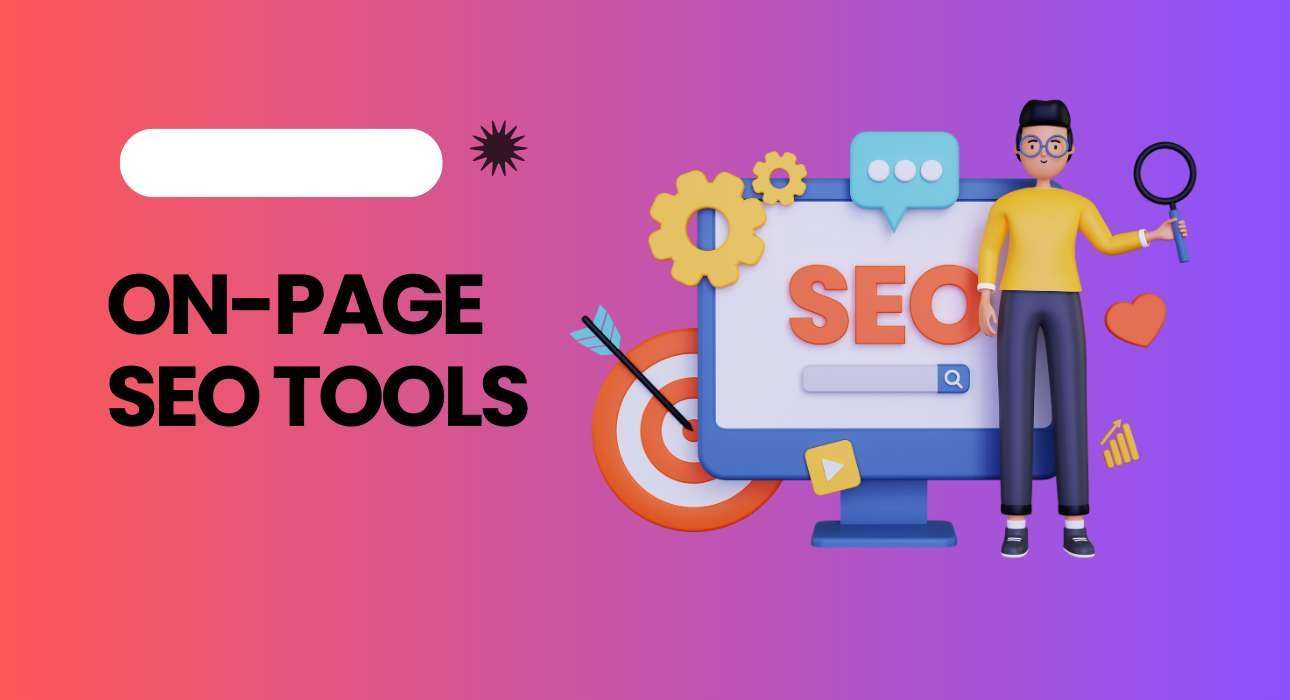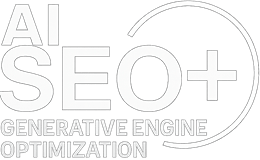Cursor
mode
SEO PLUS GEO
Elevate Your Rankings, Master On-Page SEO with Precision Tools

On-page SEO is crucial for optimizing individual web pages to rank higher and attract more relevant traffic. By mastering on-page SEO, you ensure that search engines and users can easily find, understand, and navigate your content. In this guide, we’ll explore how precision SEO tools can help you optimize key on-page elements, enhancing your rankings and improving user experience.
Keyword Optimization
Keyword optimization is at the core of on-page SEO. By targeting the right keywords and placing them strategically within your content, you increase the likelihood of ranking higher for relevant search queries.
Keyword Research
Precision tools help identify high-volume, low-competition keywords to target. They provide insights into search intent and suggest related terms that can broaden your keyword strategy.
Optimal Keyword Placement
Tools can guide you on where to place keywords, ensuring they are included in vital areas like titles, headers, meta descriptions, and body content. This helps search engines understand what your page is about and rank it accordingly.
Keyword Density Analysis
Some tools evaluate keyword density, helping you avoid keyword stuffing while ensuring that your page is optimized without overusing keywords.
Meta Tag Management
Meta tags provide essential information to search engines and users, influencing how your pages appear in search results. Effective meta tags, such as title tags and meta descriptions, can significantly impact your click-through rates (CTR).
Title Tag Optimization
A precision SEO tool helps you create compelling and concise title tags (under 60 characters), ensuring they include relevant keywords and capture user attention.
Meta Description Optimization
Tools also assist in crafting clear, keyword-rich meta descriptions (under 160 characters) that summarize your page content, boosting CTR and search engine visibility.
Tag Relevance
Advanced tools analyze your meta tags to ensure they align with your content, enhancing relevance and optimizing for search intent.
Content Analysis
Quality content is vital for both users and search engines. Optimizing content for readability, relevance, and keyword inclusion is key to improving rankings and engagement.
Content Quality Evaluation
Precision tools assess content length, structure, and keyword optimization, helping you create informative, well-organized content that matches user intent.
Readability Analysis
Tools can evaluate the readability of your content using metrics such as the Flesch-Kincaid score, ensuring that your content is accessible to a broad audience.
Content Suggestions
Some tools provide recommendations for improving content, such as adding relevant keywords, addressing content gaps, and enhancing overall quality.
Image Optimization
Images are crucial for enhancing user experience and engagement. However, large image files can slow down your website, hurting your SEO performance. Image optimization ensures that your images load quickly while providing context to search engines.
Image Compression
Precision tools help optimize image file sizes without compromising quality, ensuring faster load times and improved user experience.
Alt Text Optimization
Tools can recommend or generate alt text for images, which not only improves SEO but also enhances accessibility for visually impaired users.
Image Format Suggestions
SEO tools suggest the best file formats (e.g., JPG, PNG, WebP) for different types of images, balancing quality and load speed.
Internal Linking Suggestions
Internal linking is a crucial on-page SEO tactic for distributing link equity across your website and helping search engines understand your content hierarchy.
Linking Recommendations
Precision SEO tools analyze your content and suggest relevant internal links to enhance navigation and distribute authority across important pages.
Anchor Text Optimization
Tools offer guidance on using descriptive anchor text, ensuring that internal links are optimized and provide contextual relevance to users and search engines.
Link Structure Analysis
Advanced tools evaluate your existing internal linking structure to ensure it is logical and effective, promoting deeper content exploration and better user experience.
Mobile Responsiveness Check
With mobile-first indexing becoming the standard for search engines like Google, ensuring that your website is mobile-friendly is a key on-page SEO factor.
Mobile-Friendly Test
Precision tools evaluate how your website performs on mobile devices, checking for issues like poor responsiveness, slow load times, or small fonts.
Mobile Usability Recommendations
Tools provide suggestions for improving mobile usability, such as optimizing fonts, adjusting navigation elements, and ensuring responsive design for different screen sizes.
User Experience (UX) on Mobile
A mobile-friendly SEO tool ensures that your website’s mobile version provides a seamless and enjoyable experience, boosting rankings and user satisfaction.
Conclusion - Master On-Page SEO with Precision Tools
On-page SEO is a critical element of any successful SEO strategy. By leveraging precision SEO tools to optimize keyword usage, manage meta tags, improve content quality, optimize images, enhance internal linking, and ensure mobile responsiveness, you can improve your website’s performance and increase its visibility on search engines.
Mastering on-page SEO through these tools ensures that you meet the latest SEO standards and provide users with a seamless, engaging experience. Whether you are looking to improve rankings, drive traffic, or boost conversions, these strategies will help elevate your website's SEO performance and user experience.



